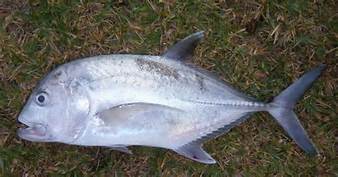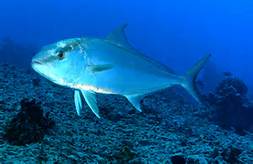Ciguatera Fish Poisoning
Report a Case
Disease Reporting Line:
(808) 586-4586
Signs and Symptoms
Numbness, tingling, or a burning sensation around mouth, hands, or feet; Joint or muscle pains with weakness or cramps; Vomiting, diarrhea, chills, itching, headache, sweating, and dizziness; Reversal of temperature sensation in the mouth, unusual taste sensations; nightmares, or hallucinations.
Symptoms usually begin within few minutes to 6 hours.
Diagnosis
A physician or clinician will make diagnosis based on clinically compatible symptoms. There is no laboratory test for humans.
Treatment
The treatment is mainly supportive. It is recommended to avoid eating fish, fish sauces, shellfish, alcohol, and nuts for several months after the incident.
Risk in Hawaii
Hawaii is at very high risk of Ciguatera and can be found on each of the Hawaiian Islands.
Prevention
Do not eat the head, guts, liver or roe (eggs) of any reef fish. Cooking, drying, salting, or freezing does not kill the poison causing Ciguatera fish poisoning.
Additional Resources
Information for Clinicians
Ciguatera fish poisoning is a reportable disease Hawaii Administrative Rules Title 11 Chapter 156, Communicable Diseases, under the Urgent category which requires a report by telephone to the Disease Outbreak Control Division on Oahu or to the District Health Offices on the neighbor islands as soon as a provisional diagnosis has been established. The telephone report shall be followed by a written report submitted by mail or fax within three days to Disease Outbreak Control Division on Oahu or to the District Health Offices on the neighbor islands.
Last reviewed June 2024


